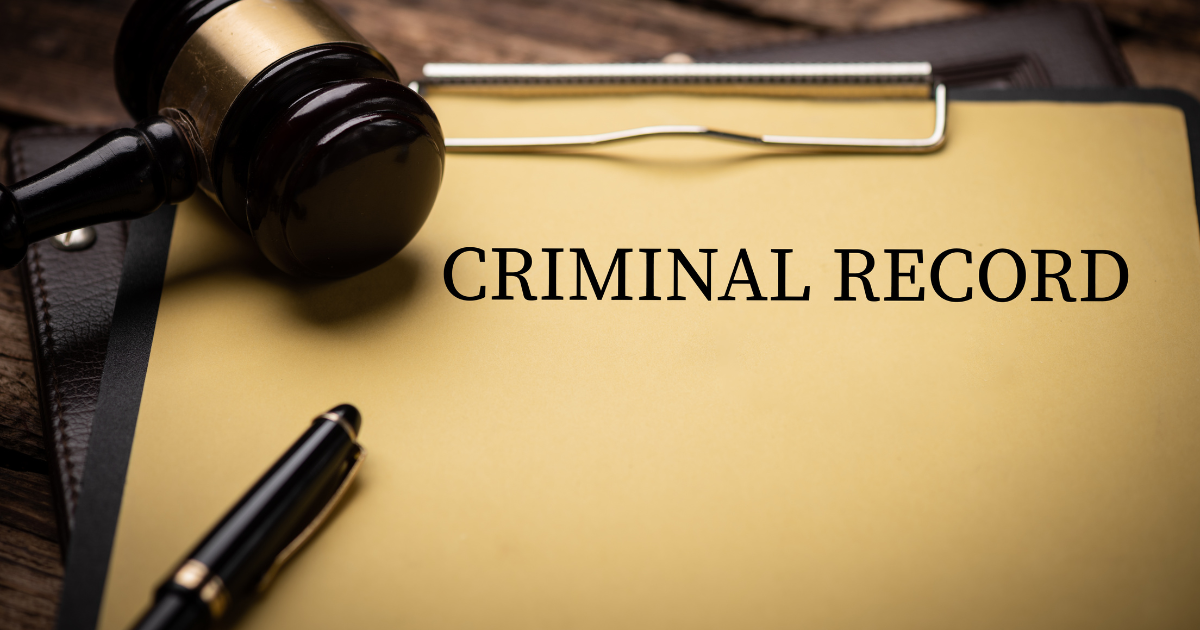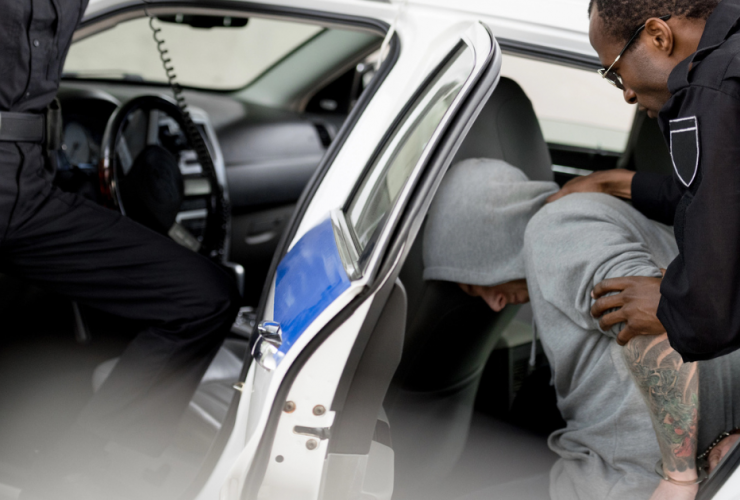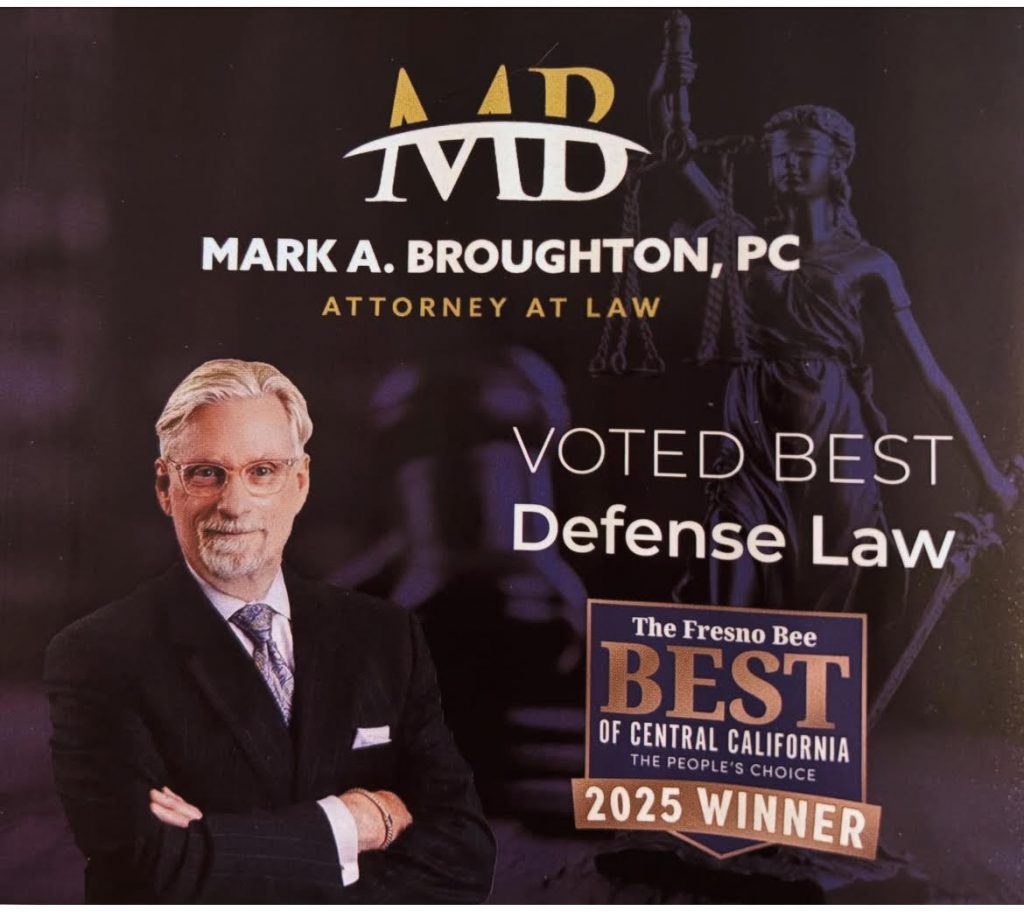Landmark California Law Takes Effect: Criminal Records Cleared
As a landmark California law takes effect, criminal records cleared, and an automated review process implemented, millions of people are finding themselves newly able to do things that their records previously held them back from.
For example, when you have a criminal record, you may face limitations regarding employment and housing eligibility. It can affect your ability to qualify for loans, including student loans and grants.
A criminal record also can make it hard for you to get and/or maintain a business or professional license.
Before California Assembly Bill 1076 (AB 1076), you had to initiate the expungement process yourself. You’d have to determine if you’re eligible to have your records expunged, go to court, file the paperwork, pay the fees, coordinate with the district attorney’s office, and get a court date for your case to be reviewed.
Of course, you don’t have to do it all by yourself. You could have an attorney’s help.
But this all took time and money.
Under AB 1076, the California Department of Justice (DOJ) is required “on a monthly basis, to review the records in the statewide criminal justice databases and to identify persons who are eligible for relief by having their arrest records, or their criminal conviction records, withheld from disclosure, as specified … [granting] relief to an eligible person, without requiring a petition or motion.” Eligible criminal records are being cleared automatically in a process called “Automatic Record Relief.”
The latest data released by the DOJ indicates that 248,167 records have been cleared in Fresno County alone.
2 Types of Criminal Records Being Cleared
There are two types of criminal records being cleared under AB 1076:
- arrests that didn’t result in convictions
- convictions that didn’t result in incarceration in state prison (with some exceptions)
Automatic arrest record relief is outlined in Penal Code Section 851.93. Details for automatic conviction record relief are found in Penal Code Section 1203.425.
Determining Eligibility
Any of the following conditions confirm eligibility for automatic arrest record relief:
- The arrest was for a misdemeanor offense and the charge was dismissed
- The arrest was for a misdemeanor offense, there is no indication that criminal proceedings have been initiated, at least one calendar year has elapsed since the date of the arrest and no conviction occurred, or the arrestee was acquitted of any charges that arose from that arrest
- The arrest was for an offense that is punishable by imprisonment pursuant to paragraph (1) or (2) of subdivision (h) of Section 1170, there is no indication that criminal proceedings have been initiated, at least three calendar years have elapsed since the date of the arrest and no conviction occurred, or the arrestee was acquitted of any charges arising from that arrest
- An eligible diversion program relating to the arrest was completed (detailed in depth in PC Section 851.93)
To be eligible for automatic conviction record relief, you must meet all of the following conditions:
- Not required to register under the Sex Offender Registration Act
- No active record for local, state, or federal supervision in the Supervised Release File
- Not currently serving a sentence for any offense and no indication of any pending criminal charges
- Conviction didn’t result in incarceration in state prison (with some exceptions)
- Conviction occurred on or after Jan. 1, 2021 and either (1) resulted in probation which has been completed or (2) was for an infraction or misdemeanor for which the defendant has completed their sentence, and at least one calendar year has elapsed since the date of judgment
Do You Need Help Getting Your Criminal Record Expunged?
While this new law has automated the clearing of a great many arrests and convictions, it doesn’t apply to all arrests or convictions that may be expunged.
If you need help getting your criminal record expunged, we invite you to get in touch for a free consultation.
If you need legal help, call 559-691-6222 or click here to request a free consultation.
Have More Questions Regarding Criminal Defense?
We do our best to answer common questions on our FAQ Page.




